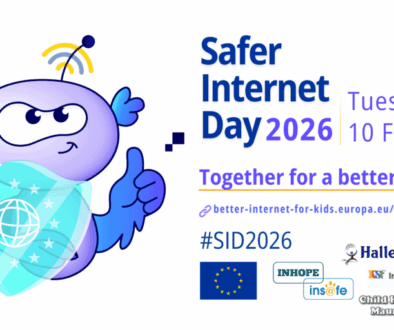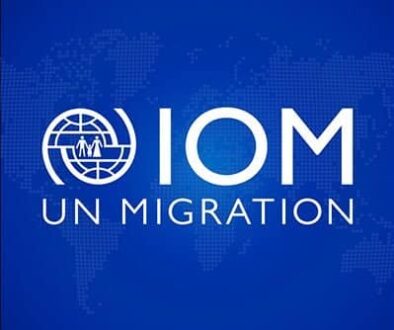OHCHR Universal Periodic Review Session

This fundamental submission englobes the following:
Mauritius actively engages in the UPR process, demonstrating its commitment to ensuring human rights, both online and offline, are upheld in the country. It has made significant strides in recognizing and protecting digital rights. The constitutional guarantees of freedom of expression and the recognition of the right to privacy provide a solid foundation for the promotion of these rights in the digital sphere. The government has taken steps to enact legislation, establish regulatory bodies, and promote digital literacy to ensure a safe and inclusive digital environment.
Mauritius recognizes the importance of digital rights and has enshrined several constitutional guarantees that protect these rights. The Constitution of Mauritius safeguards freedom of expression, including its manifestation in the online sphere, under Article 12. This constitutional protection ensures that individuals have the right to express their opinions freely and participate in online discussions without fear of undue restrictions or censorship. The legal framework surrounding digital rights is further strengthened by laws such as the Information and Communication Technologies Act (ICTA) and the Data Protection Act, which provide a basis for the protection of privacy, data security, and information sharing.
However, alongside these opportunities, digital platforms have also given rise to challenges that need to be addressed to ensure the protection of digital rights. The rapid dissemination of information, coupled with the anonymity and reach of the internet, has led to the spread of hate speech, misinformation, and other harmful content. This has raised concerns about the need for effective content regulation measures that strike a balance between protecting individuals from harm and preserving freedom of expression.
Ensure that Mauritius’s legal framework provides adequate protections against unwarranted surveillance and the misuse of personal data, by establishing robust oversight mechanisms and safeguards against surveillance, including independent judicial oversight.
Review and amend existing legislation, including the Information and Communication Technologies Act (ICTA) and the Data Protection Act,
to ensure they align with internati onal human rights standards. End all unwarranted intimidation, harassment and arrests of journalists including the censoring of social media accounts


